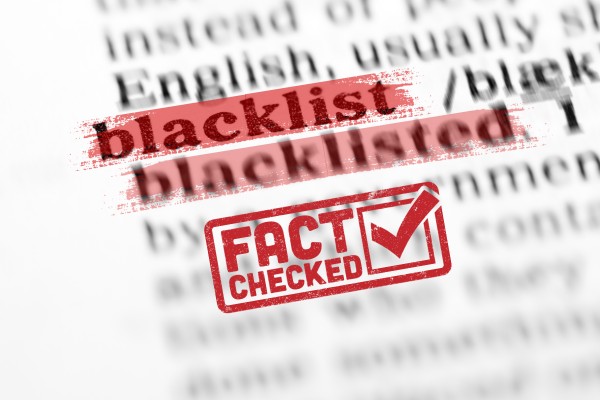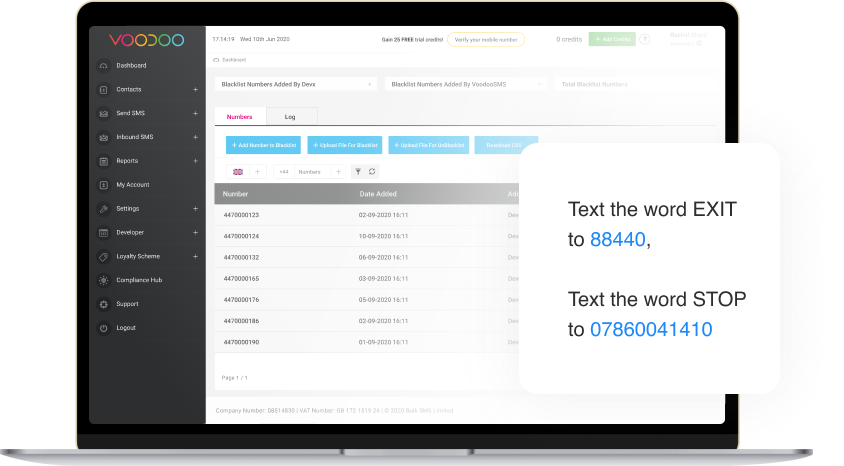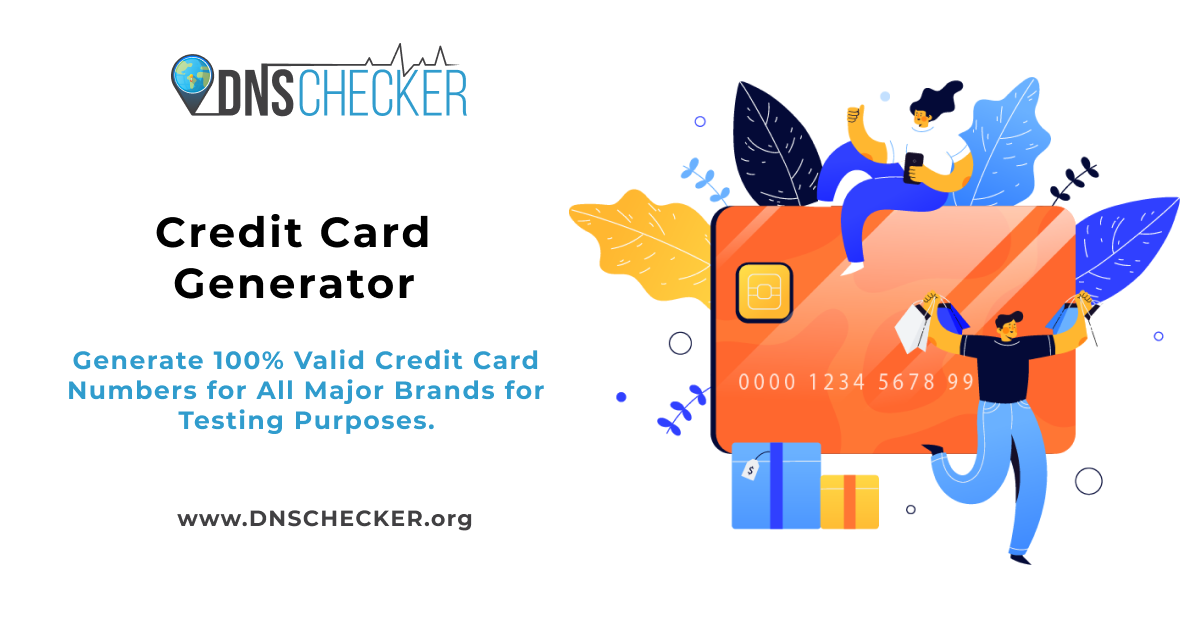Top Reasons On Deciding On Credit Card Apps
Wiki Article
What Constitutes Suspicious Behavior, And What Could Lead To The Blacklisting Of Credit Cards?
Several behaviors or activities might trigger red flags and could may be deemed suspicious, leading to a credit card being flagged or blocked by the card issuer or financial institution. Examples of suspect behaviors include: Unusual Spending patterns
An unexpectedly large amount of transactions or a substantial increase in spending when compared to the typical spending habits of a cardholder could raise suspicion.
Unrecognized Transactions
It is possible to commit fraud if statement of the cardholder shows transactions that are unauthorized, unapproved or unfamiliar.
Multiple Refused Transactions
Many failed or declined transactions in a very short time frame, especially if a cardholder usually has a history of positive transactions may indicate an problem.
Geographic Anomalies
The transactions made at locations that are away from the typical areas of spending or multiple transactions that occur from various geographical locations in a short time frame can cause suspicion.
Abnormal purchase types
Unusual purchases, especially for high-value items that are not in line with the cardholder's spending habits, can be flagged as suspicious.
Uncommon Online Behavior
Unexpected or unusual online activities including numerous failed login attempts, changes in the account's details or unusual attempts at logins, may be a sign of an unauthorised access.
Uncharacteristic Card Usage-
Instances where a card is utilized outside of its normal usage pattern, such as suddenly being used to make international payments when it's historically used locally, could be considered to be suspicious.
Rapid Cash Transfers or Advances
The cardholder may receive an alert if large transfer or cash advances occur that aren't typical in his expenditure.
Frequent Card Not Present Transactions
An increase in the number of transactions using a card that is not present (online or over the phone) with no prior transaction history could be an indication of fraud.
Issues with Identity Verification
The difficulty of verifying a cardholder's identity in transactions, particularly in situations when additional verification is required can lead to suspicion.
The issuer of the card may look into such behavior and disable the card temporarily if necessary until they can verify the identity of the cardholder as well as the legitimacy of the transaction.

What Should I Do Should My Credit Card Be Listed As A Blacklist Of Credit Cards?
You must follow the steps below if your credit card appears on a list or there is suspected fraudulent activity. Contact Your Credit Card Issuer Right Away-
Contact the copyright that appears on the reverse of your credit card. Visit the website of the issuer for an exclusive hotline to report fraud.
Tell the card issuer of your concerns and explain that you suspect fraud or that your credit card may be compromised.
Report Suspicious Activity-
Discuss any unusual, unauthorised or suspicious transactions that you see on your credit card statement.
Please provide detailed information regarding the transaction you're unsure about. Please include dates, amounts and, if you can the names of the merchants.
Request Card Blocking, or Replacement-
Inquire that the credit card issuer temporarily block the card to prevent further unauthorized transactions.
If you'd like to continue credit card access, learn how to get the card replaced.
Check your account, and then dispute Charges
You might have missed suspicious transactions or account activity If you didn't check your most recent account and transaction statements.
You can report unauthorized transactions to the credit card company so that they will be looked into and then resolved.
Keep track of and monitor your creditscore
Make sure you make contact with the credit card issuing company.
Check your credit card balance regularly for any new suspicious activity or unexpected changes.
You might want to consider putting up an alert for Security Freeze or Fraud
If the issue is extremely serious it is possible to consider putting in the credit freeze or placing a fraud alert to safeguard your identity from fraud attempts.
Send a report to AuthoritiesReport to Authorities
Consider making a report of identity theft and other major frauds to the Federal Trade Commission. You can also file a report at your local law enforcement agency.
Make sure you take action immediately to prevent further fraud and unauthorized transactions. You can reduce the risk of fraud on your credit card and abuse by reporting suspicious transactions immediately to your credit card company.

Who Are The People Who Can Check The Credit Card Number On An Blacklist?
The authorized professionals of financial institutions, law agencies or cybersecurity firms validate the credit card number against a blacklist, or verify fraudulent activities with credit cards. These professionals include- Fraud Analysts- Trained people in financial institutions who specialize in finding and analyzing fraudulent activity associated with credit card transactions. They use specialized software tools to find patterns.
Cybersecurity Experts - These are experts who have a specific passion for cybersecurity. This involves the monitoring and detection of cyberattacks, as well as damaged credit cards. They are able to stop data breaches by analyzing data and looking for indications of compromise.
Law Enforcement Officials - Specialized units and individuals within law enforcer agencies that investigate financial crimes, including fraud on credit cards. They are equipped with databases and resources that they can use to trace and analyze fraudulent activity.
Compliance officers are experts who ensure that financial institutions adhere strictly to the laws and regulations governing financial transactions. They are able to supervise processes to identify and report any suspicious transactions that involve credit cards.
Access to databases with credit card blacklists are strictly restricted and requires legal authorization. Examples include being part of a formal investigation into financial crimes, and receiving specific authorizations from authorized organizations are some examples.
The teams and individuals have the ability to utilize special protocols, software and legal procedures in order to check the details of a credit card using blacklists. While adhering to strict privacy and safety laws. If you're worried about security concerns regarding your credit card details it's important to speak with authorized professionals or institutions. Access or use that is not authorized of credit card "blacklists" can lead to legal consequences. See the top rated savastan0 carding for website info.
